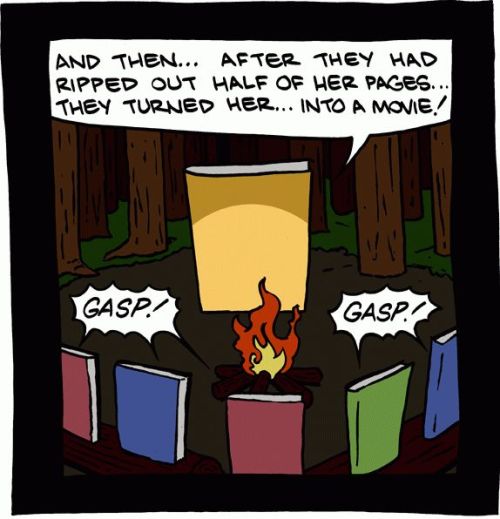To any who haven’t seen Frozen yet I highly recommend it. With fantastic music, beautiful animation, and a marvelous storyline, it is easily one of Disney’s greatest movies.
One of my all time favorite songs in it is “Love Is an Open Door.” I don’t know why exactly, other than the fact that it’s catchy and fun. But I guess in the last few weeks I’ve been thinking a lot about openness, about closing oneself off, something that is a big part of Frozen. You might have noticed, dear readers, that this has been a theme of my last few posts. I suppose it’s just something I’ve been thinking about that’s been coming up again and again in my life.
Elsa and Anna represent two completely different approaches to life. Elsa closes herself off completely for fear of hurting others or being hurt herself, but in doing so she pushes anyone who might try to be close away. Anna opens herself wide, expressing all of her feelings, letting loose her heart, but in doing so she puts herself at risk for those who might hurt her.
In relationships I’ve so often found myself doing one or the other. It’s easy to either slam the door shut or to open it too wide. I once had someone compare friendships to walking into a house. With some people we only let them sit on the porch, others come and walk through, and still others are allowed into secret dark rooms to see the dirtiest most broken parts.
But writing is also something where someone has to debate whether to open or shut a door. Do you write about personal private things that hurt, or do you simply write fun amusing stories with no depth?
In my literature class this semester I had the pleasure of reading Moby-Dick and ended up writing my end of the year research paper on it. In reading more about Herman Melville I found that his novel was in many ways a picture of his own dark and desperate struggles with life’s questions: whether there is a God and if so is he good? Can humans define their own destiny? Is there a greater purpose?

In reading about Melville, about how he allowed himself to open the door to the inner turmoil and capture that on a page, I found myself utterly fascinated. I’ve always prided myself on trying to remain open in my writing, but to put such dark confusing questions into a novel remained something I wasn’t sure I could ever do, or certainly not something I could publish at the very least.
Writing is much like relationships in that respect. It’s a choice whether to open the door and let depth and meaning come about, to allow deeper connection with readers, and yet risk being hurt. Or to shut that door and keep up a cool exterior of writing that has nothing to do with anything personal, merely meaningless fun.
There are writers we read who certainly do the latter. One of my literature professors had us try building a portrait of a writer we were reading, and we agreed that it was easy to understand what type of person he was just from reading his works, but other writers hide behind their works and we never really know who they are. Sometimes maybe we catch a brief glimpse of their voice, but it’s never with the same depth or meaning as others.
As a young girl I promised myself I would never write anything just for the fun of it. I use to say: not for the fortune, nor the fans, nor even the fun. And I think that continues to be my motto as I write. I never want to be like Elsa and close off that door to my readers. I don’t want to build an icy exterior to keep my readers at bay. I want to be open and honest, want to develop a relationship with them on the page just like other writers that I have loved reading. But in doing so I know I risk being hurt from criticism or rejection. But I don’t care. I want my writing to be an open door. And I shall forever try to maintain that.
Have any other writers out there struggled with this? Readers do you have any favorite books that you see a writer coming through the pages? Any Frozen lovers out there just want to discuss the movie? I’m up for that too. Any comments you have are great.









